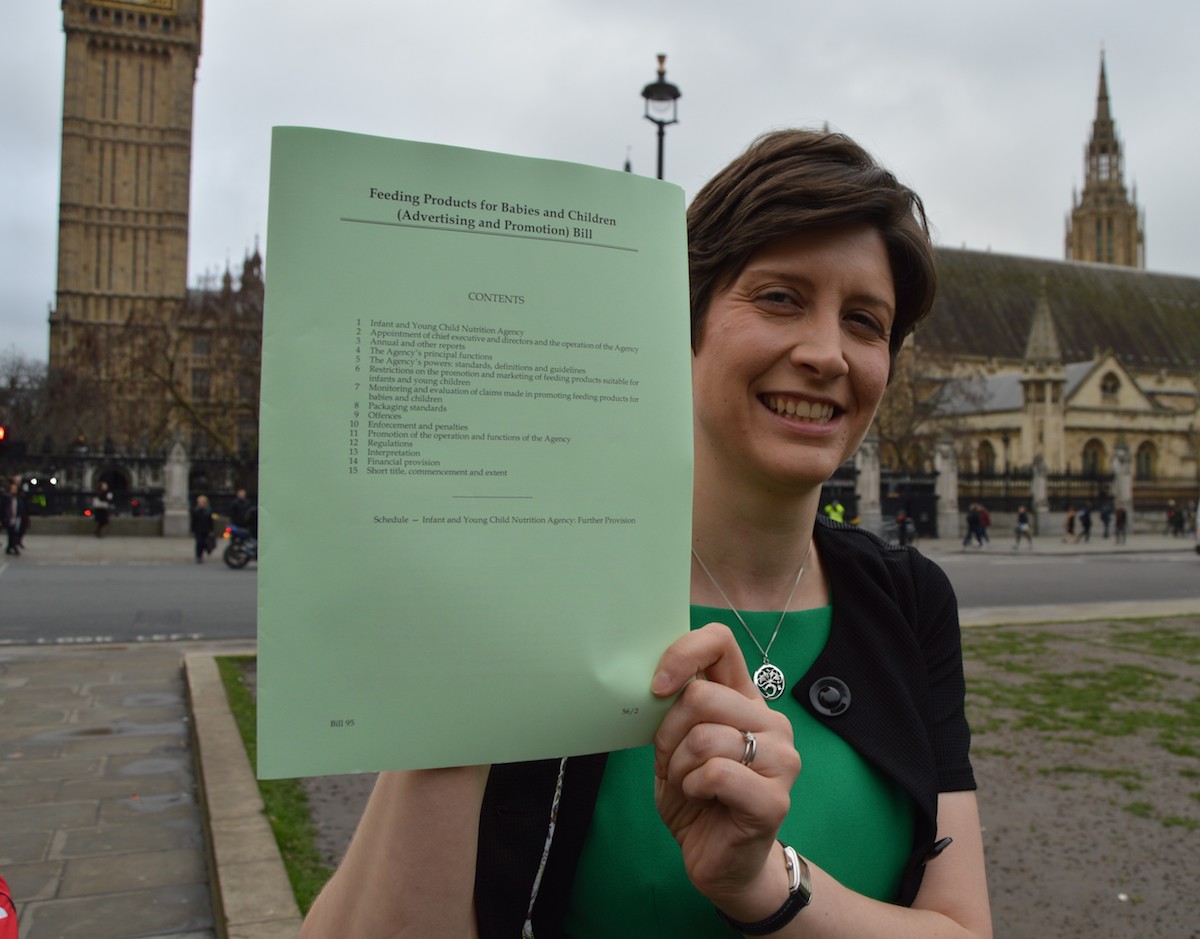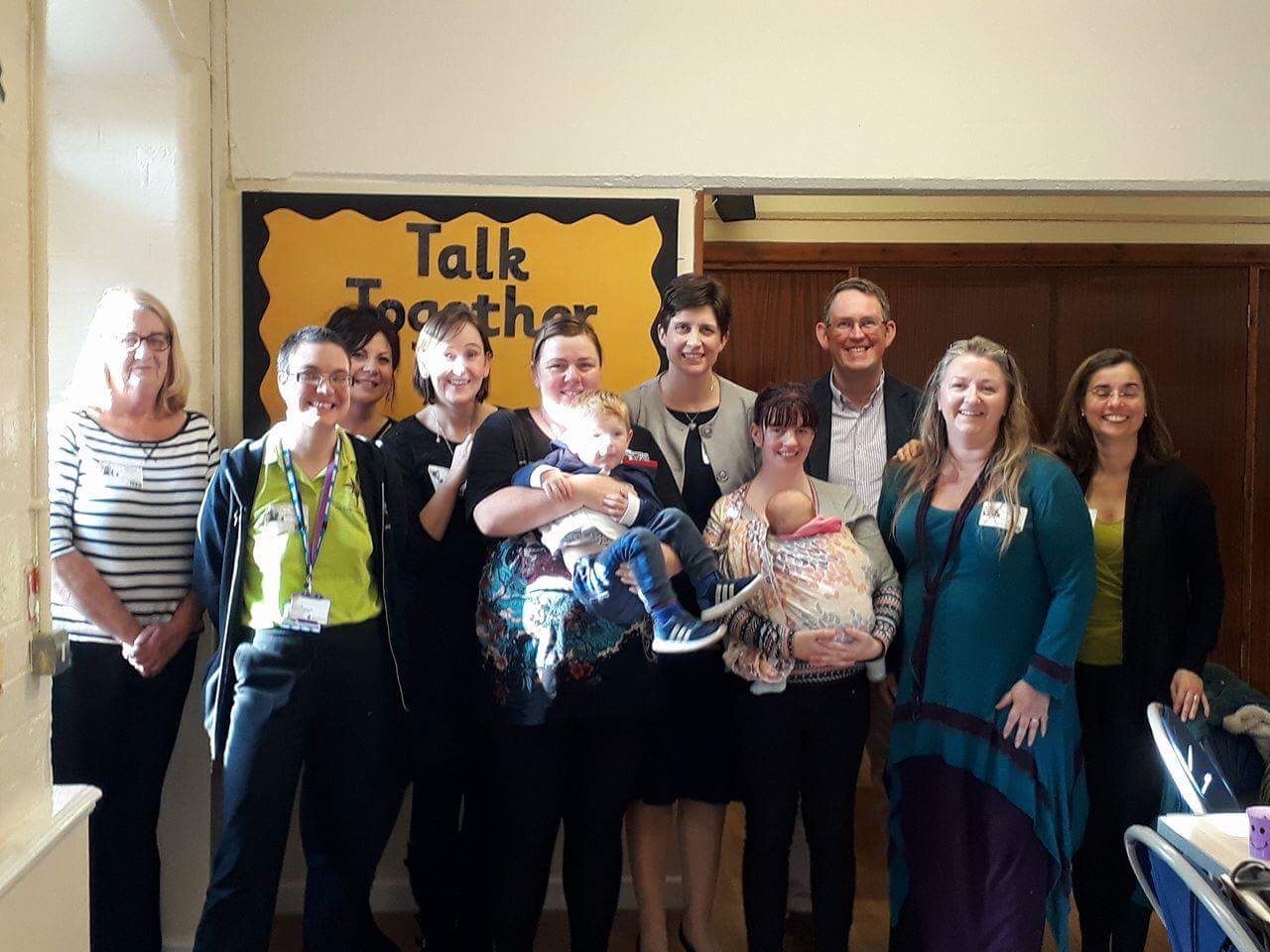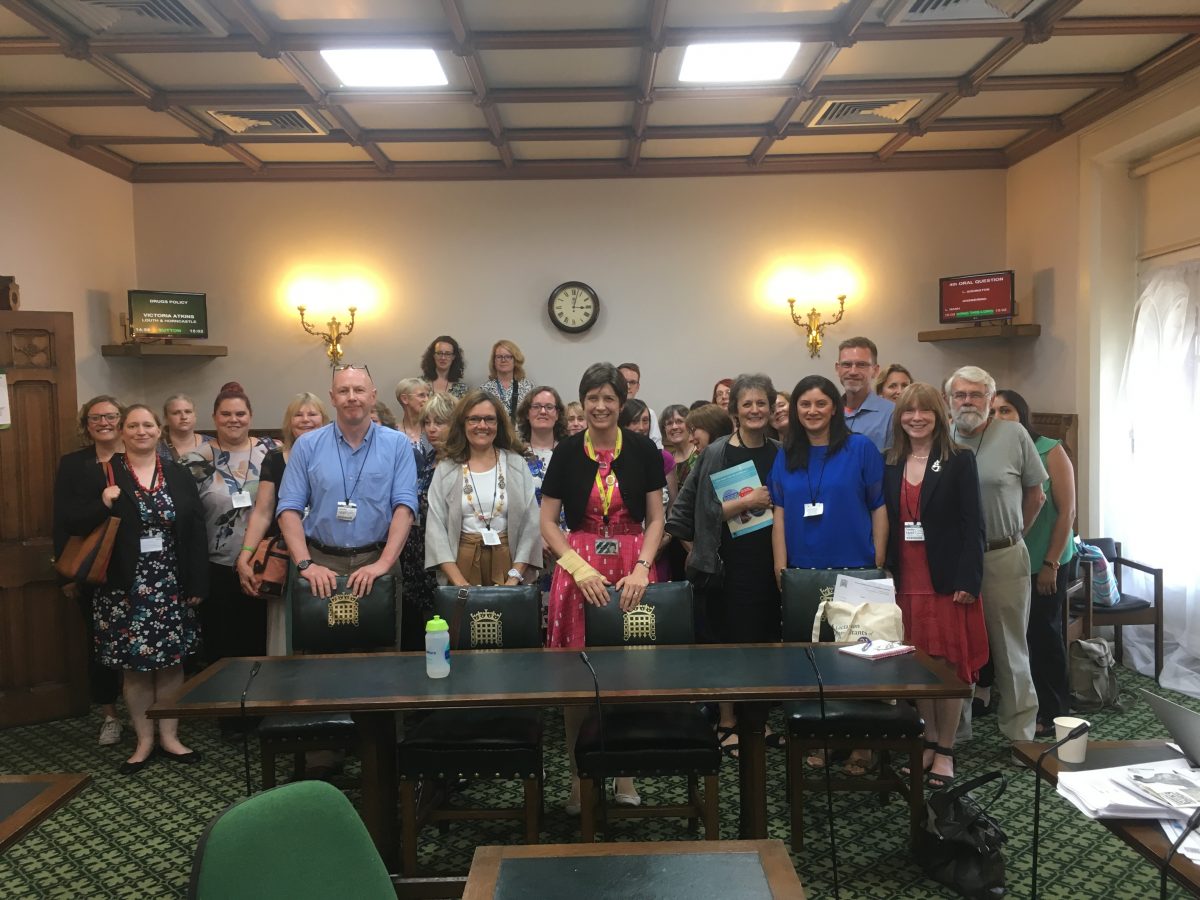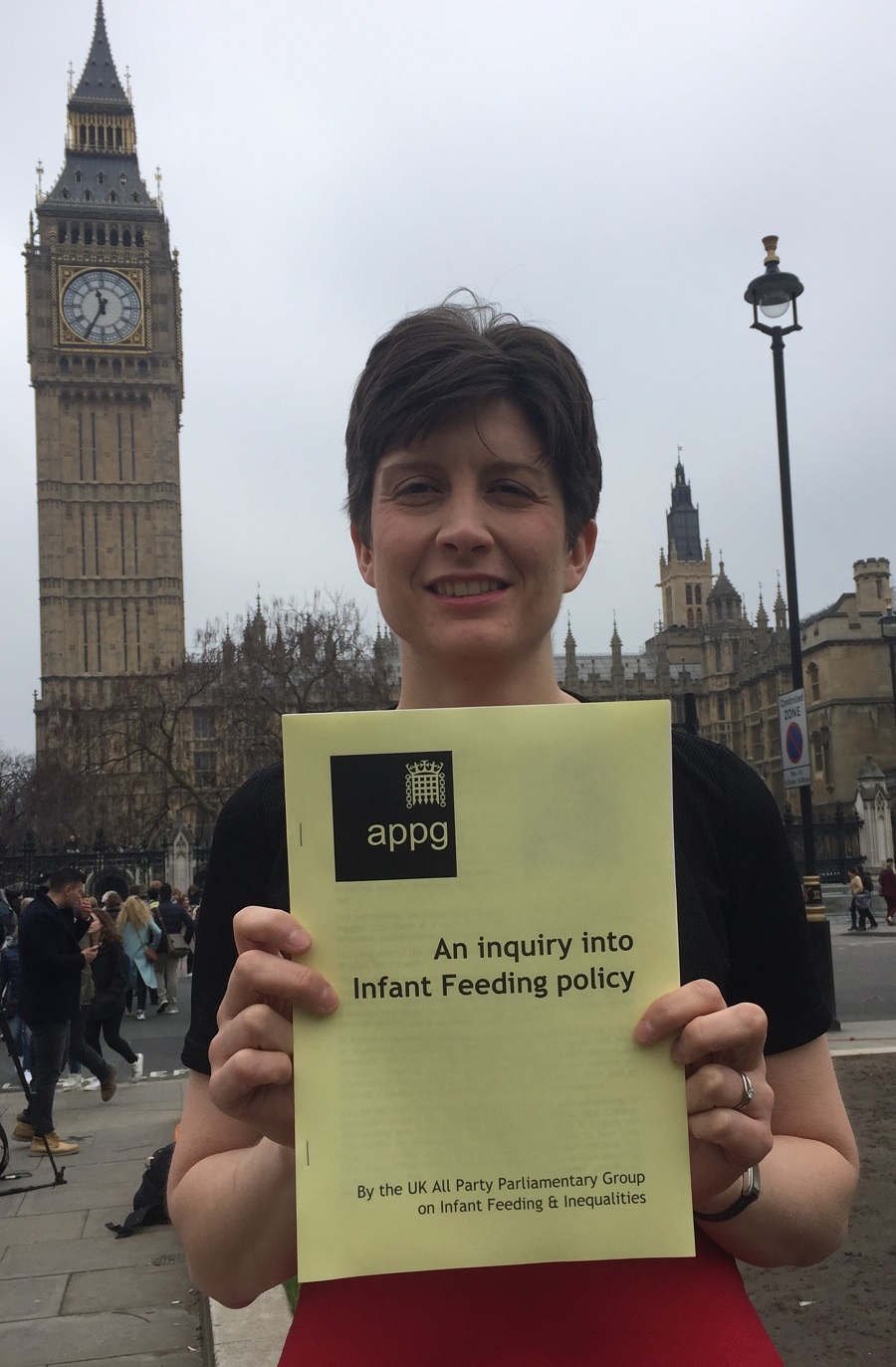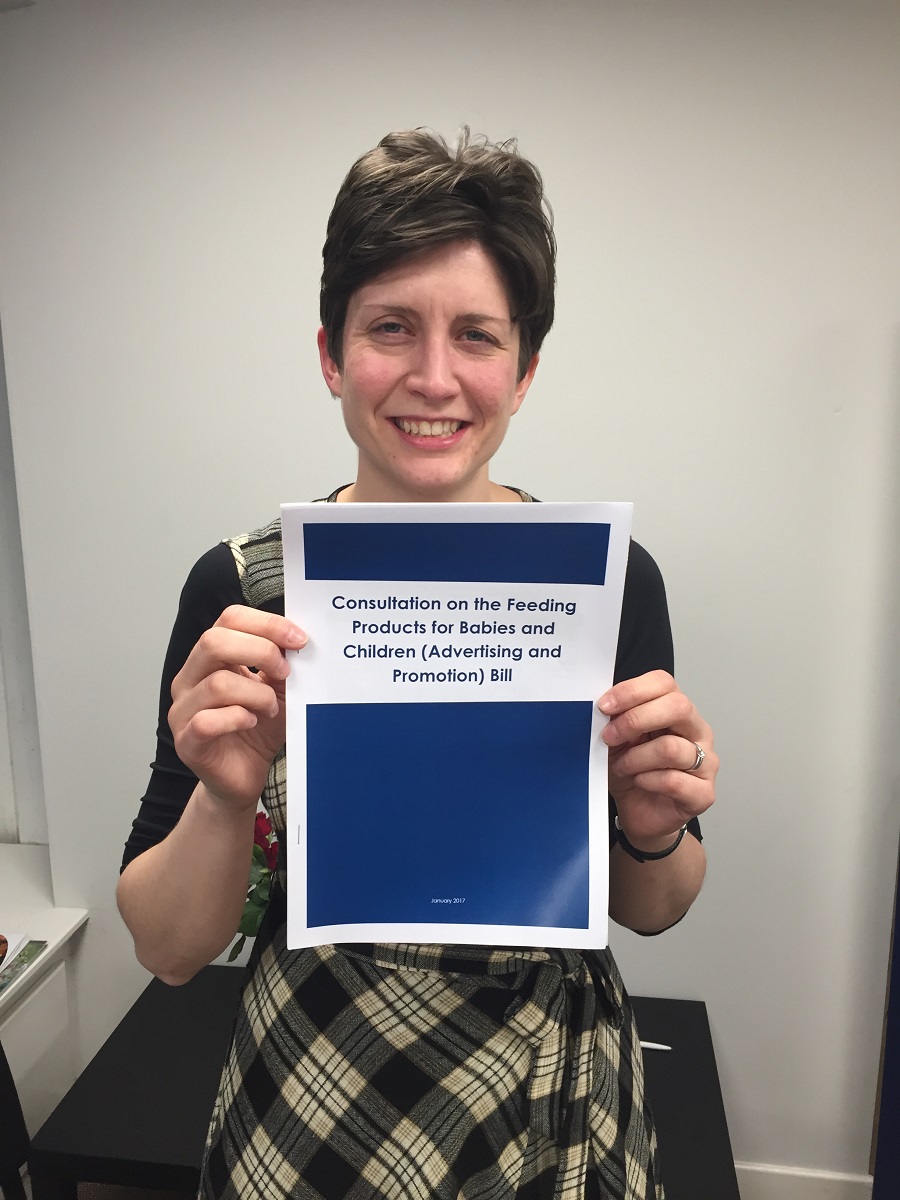Alison Thewliss, MP for Glasgow Central, and chair of the APPG on Infant Feeding and Inequalities, has commended the results of a recent Scottish Government survey into breastfeeding rates and infant nutrition.
The Scottish Maternal and Infant Nutrition Survey was conducted in the first half of 2017 and invited responses from hundreds of women, including expectant mothers, those whose babies were between 8-12 weeks old, and those whose babies were 8-12 months old. The questionnaire focused on maternal nutrition, breastfeeding, infant feeding and related health behaviours.
The survey pointed to progress being made in many areas, with 43% of mothers now continuing to breastfeed up to six months after birth, compared with 32% in 2010. In addition, it spoke to an increase in the overall duration of breastfeeding.
Commenting, Alison Thewliss MP said:
“It is greatly encouraging to see an uplift in the number of mothers who are breastfeeding for longer, and I am delighted that this increase is a significant one. It’s important to recognise the work going on in hospitals and local areas by both health professionals and volunteer peer supporters, as this couldn’t be achieved without their incredible efforts.
“The Unicef UK Baby Friendly Initiative standards recommend that, in order to maximise health outcomes for children, breastfeeding should be promoted exclusively for the first six months. In that sense, it’s terrific to see so many women in Scotland maximising breastmilk and introducing solid foods later.
“I know there is still a lot of work to be done in this area. Whilst help and information is given to mothers to promote and assist with breastfeeding, the survey results show the main reasons for breastfeeding ceasing early is due to concerns around feeding problems, and also finding feeding too difficult. It’s therefore crucial that health professionals continue to provide and develop ongoing support.
“Studies such as this are fundamental, as they provide an evidence base on which more informed policy decisions can be made, in this case to help design and implement better advice and support for families. It’s crucial that the UK Government do the same, in order to improve health outcomes across the country”.
